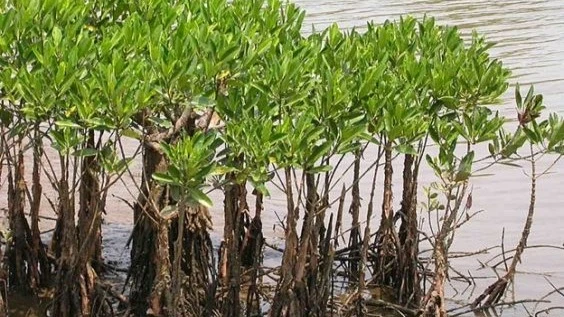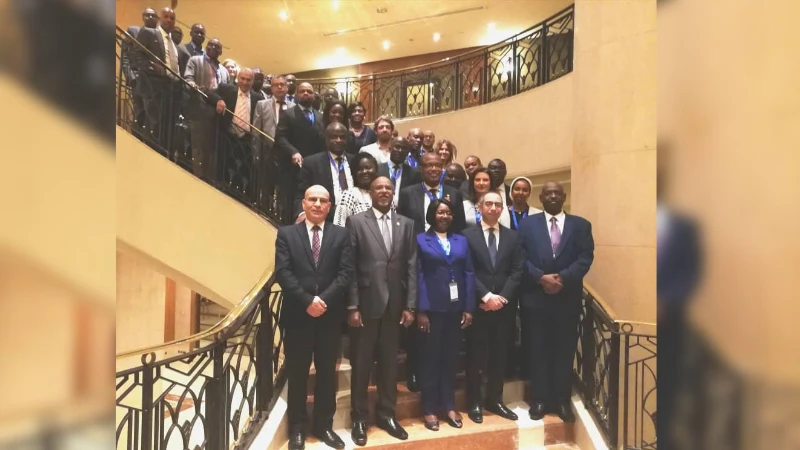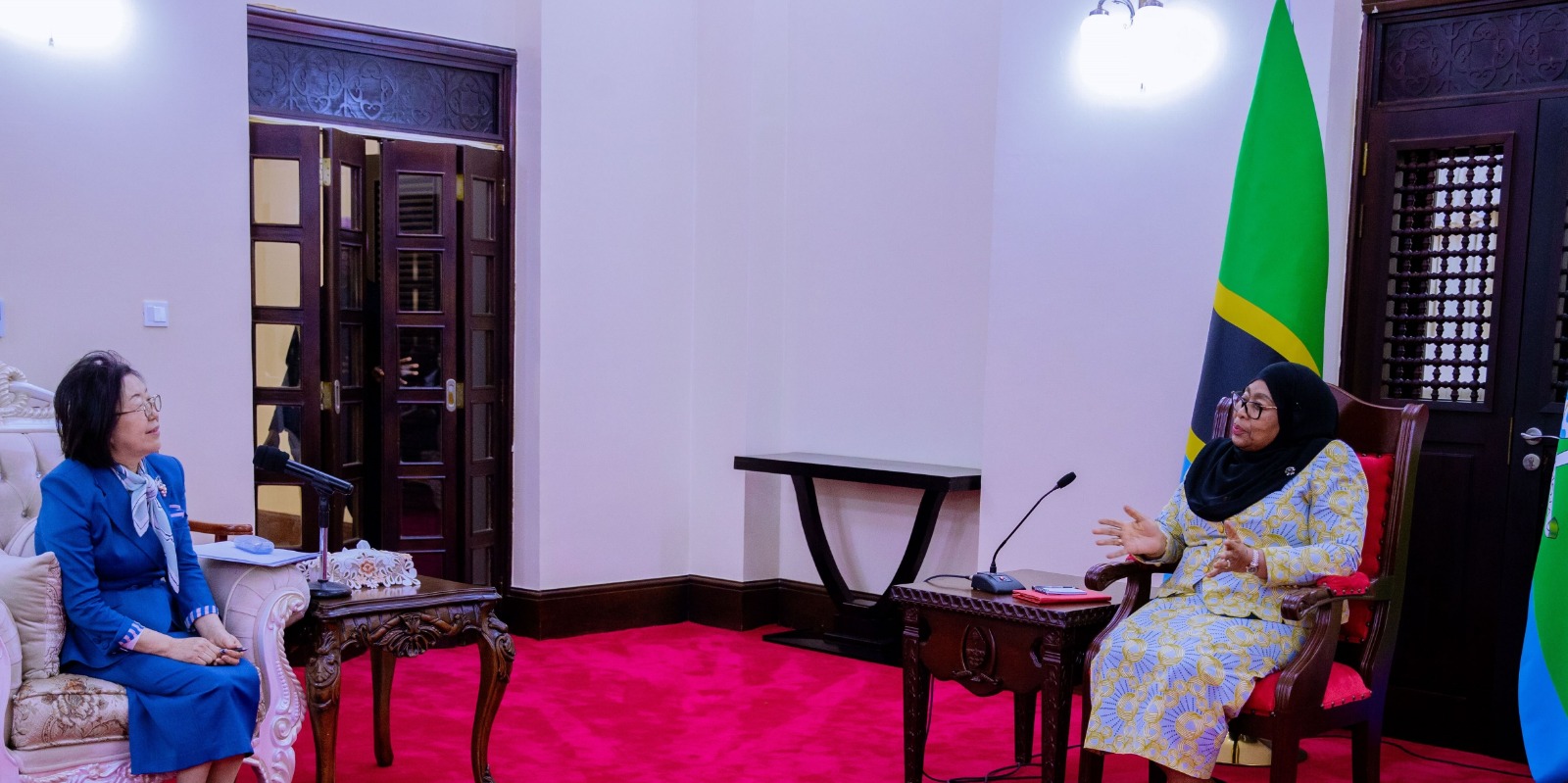Ministry launches 10 year mangroves, tourism effort

THE government has launched a 10-year national mangrove management and development strategy (2025–2035), placing mangroves at the heart of tourism development, carbon trading and coastal community livelihoods.
Dr. Pindi Chana, the Natural Resources and Tourism minister, said at the launch in Dar es Salaam yesterday that this is part of efforts to boost environmental conservation and unlock economic opportunities.
The initiative is aimed at protecting, restoring and sustainably utilising the country’s mangrove ecosystems, she said, noting that the strategy repositions Tanzania’s extensive mangrove ecosystems not only as vital marine resources but also as a new frontier for eco-tourism and blue economy ventures.
Over 54bn/- has been allocated for its implementation, she said, underlining that the government wants to see mangrove areas become key tourist attractions. “Mangroves are government trophies and must be protected for their remarkable contributions to both human life and marine species,” she emphasized.
Tanzania is home to 158,100 hectares of mangroves across 14 coastal districts, hosting 10 of the world’s 36 mangrove species thus reflecting its global biodiversity importance, she said.
The planned strategy includes enhancing conservation, encouraging eco-tourism development, tapping into carbon credit markets and supporting beekeeping or other nature-based livelihoods, the minister indicated.
Mangroves are often underappreciated, yet they provide serene and scenic environments that could attract both local and international tourists, she said, asserting that with proper investment and infrastructure, mangrove reserves could become eco-tourism hotspots for guided boardwalks, bird watching and educational tours.
“As part of the blue economy, this strategy will help not only to protect nature but also to provide income-generating opportunities for communities along the coastline,” she stated, urging public institutions, the private sector and development partners to effectively collaborate to ensure rapid, coordinated and impactful implementation of the strategy.
Research institutions need to generate scientific evidence for sustainable mangrove management, she affirmed, urging the Tanzania Forest Services (TFS) agency to strengthen cooperation with stakeholders for effective supervision and community engagement.
Abdallah Mvungi, the ministerial director of policy and planning, said that the strategy aims to restore at least 60 percent of degraded mangrove forests by 2035, while empowering local communities to actively engage in viable alternative livelihoods.
Mangroves are critical coastal resources that safeguard shorelines from erosion, store carbon and support fish nurseries, so the strategy is a major milestone in Tanzania’s environmental planning, he stated, while Dr Amani Ngusaru, the WWF country director, commended the strategy’s science-based, inclusive and results-oriented approach.
“The government has demonstrated genuine commitment to preserving wetlands and mangroves as part of the global fight against climate change,” he stated, enthusiastic about the strategy. “It addresses conservation and at the same time improves local livelihoods,” he said, noting that it is well aligned with the WWF vision, where nature conservation, including mangroves, is a priority.
Other contributing institutions providing technical, financial, and educational support include the International Union for Conservation of Nature (IUCN), the National Environmental Management Council (NEMC), the Marine Parks and Reserves Unit (MPRU), Mwambao Coastal Community Network, Earthlungs and Wetlands International.
The Earthlungs NGO representative said that they have already hired 400 villagers living in coastal areas and 800 seasonal workers to help protect mangrove forests, with teams working five days a week in dedicated sites.
Wetlands International also pledged firm collaboration as they are part of the taskforce that developed the national strategy from its early stages. “We look forward to ensuring the strategy is fully implemented and delivers tangible results for people and nature,” the representative affirmed.
Prof Dos Santos Silayo, the TFS conservation commissioner, noted that the strategy was developed through close collaboration with national and international partners/ It serves as a vital tool to safeguard wetlands for current and future generations, he said.
“Through this strategy, we will work alongside communities, the private sector and researchers to ensure mangroves become a living legacy for the nation,” he added.
Top Headlines
© 2025 IPPMEDIA.COM. ALL RIGHTS RESERVED






















